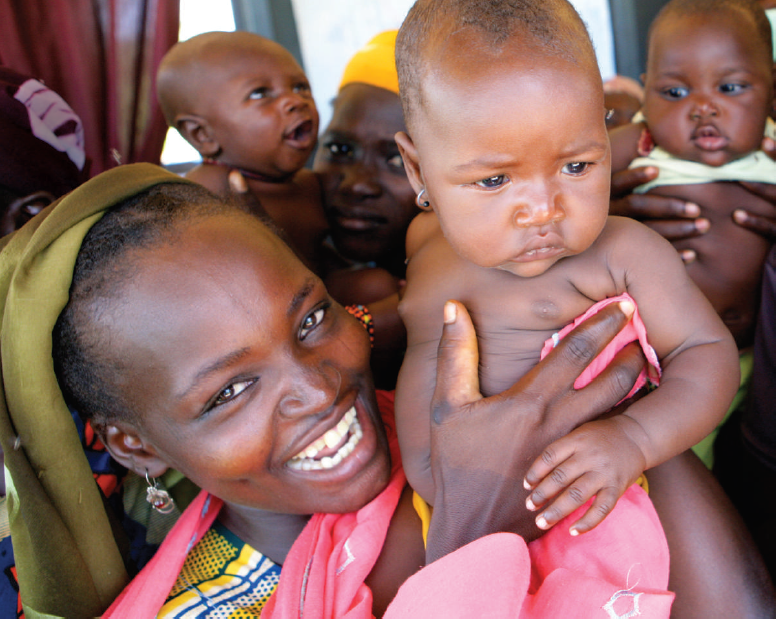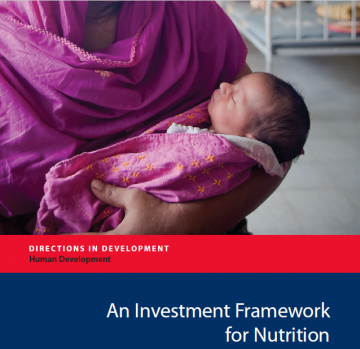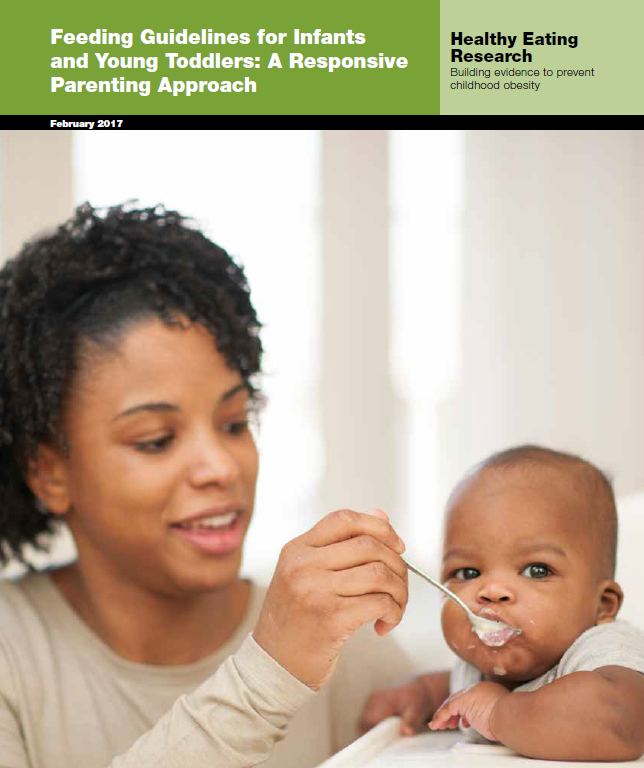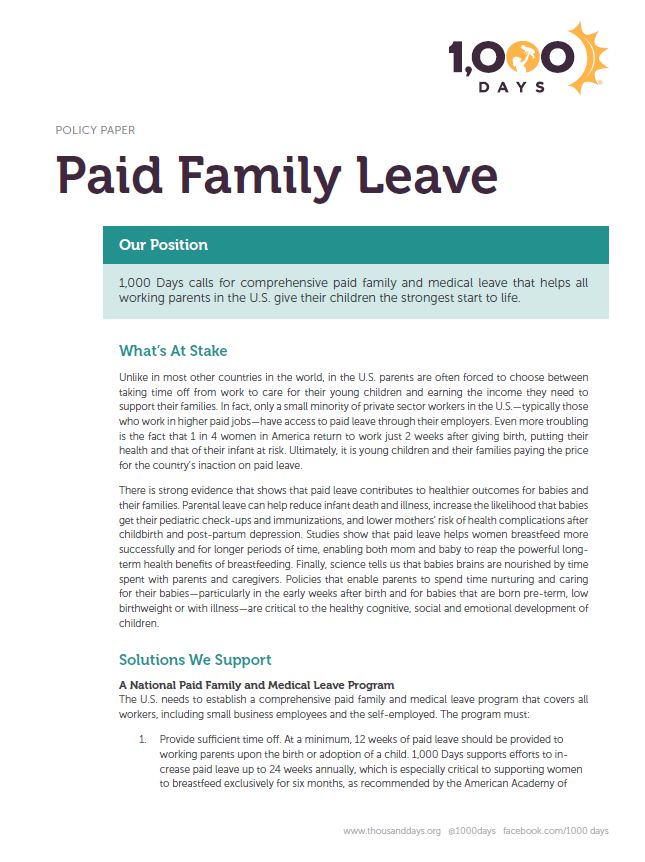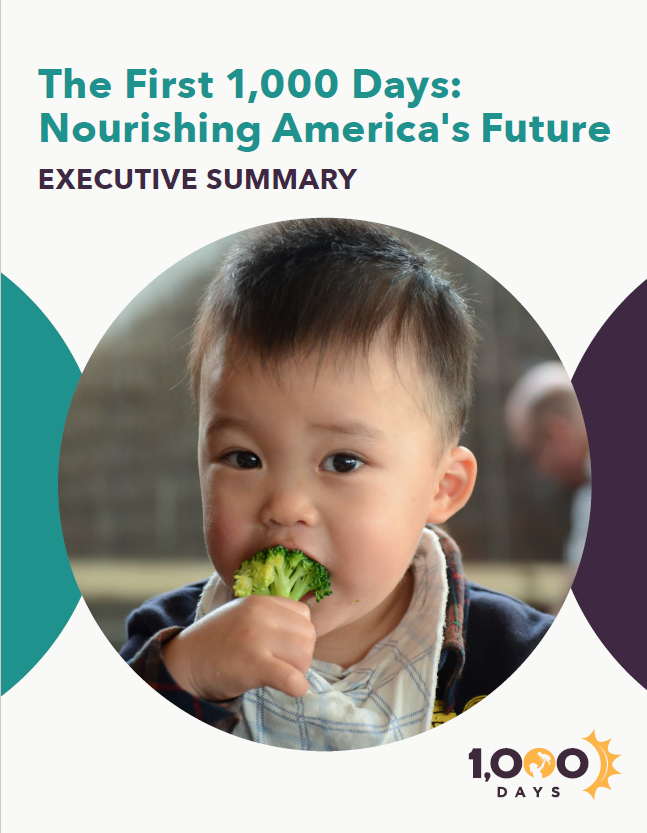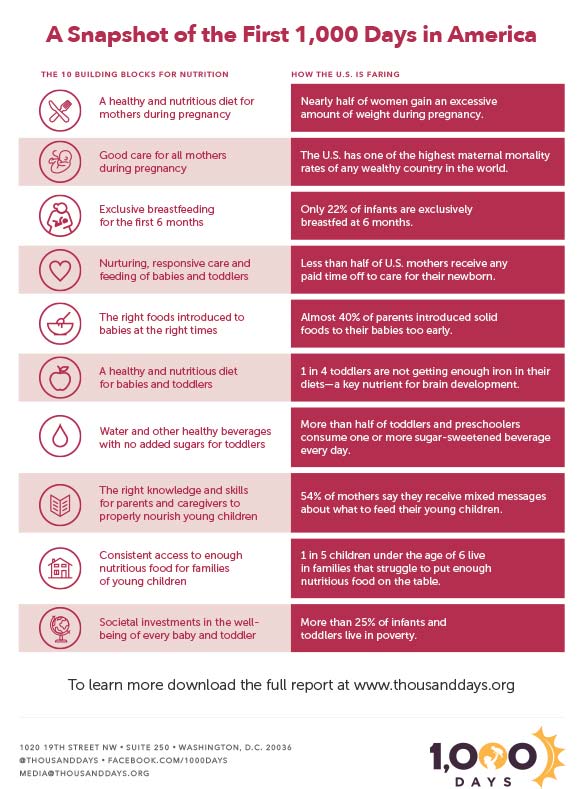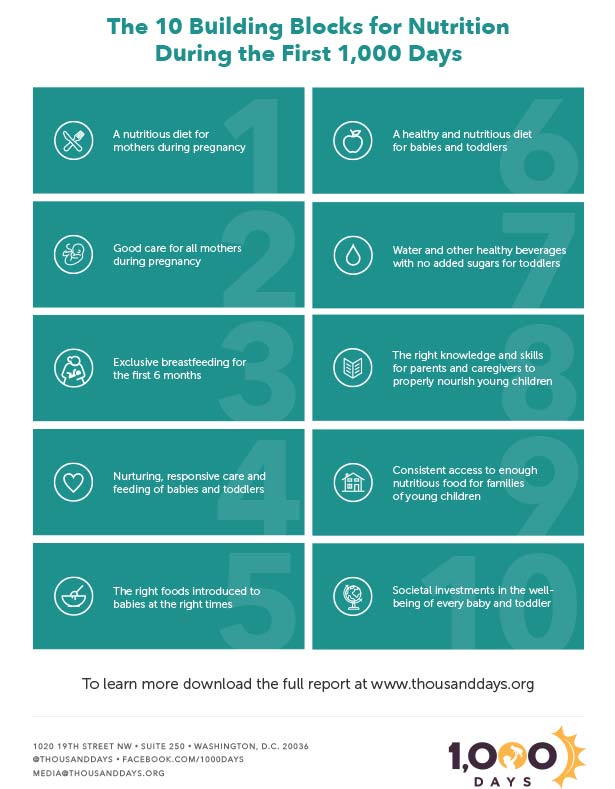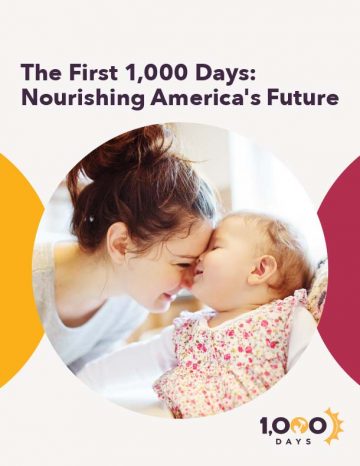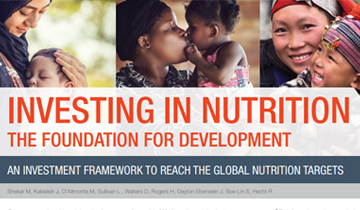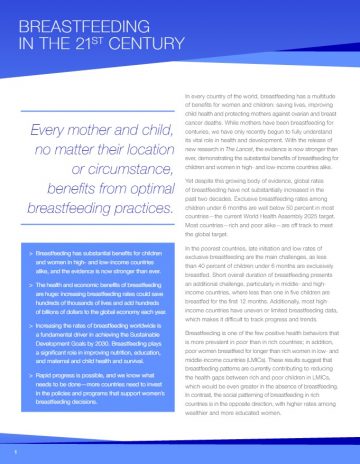Global Breastfeeding Collective: The Investment Case for Breastfeeding
Breastfeeding is one of the smartest investments a country can make to build its future prosperity. It offers children unparalleled health and brain-building benefits. It has the power to save the lives of women and children throughout the world, and the power to help national economies grow through lower health care costs and smarter workforces. Yet many societies are failing to adequately support women to breastfeed, and as a result, the majority of the world’s children – along with a majority of the world’s countries – are not able to reap the full benefits of breastfeeding.

